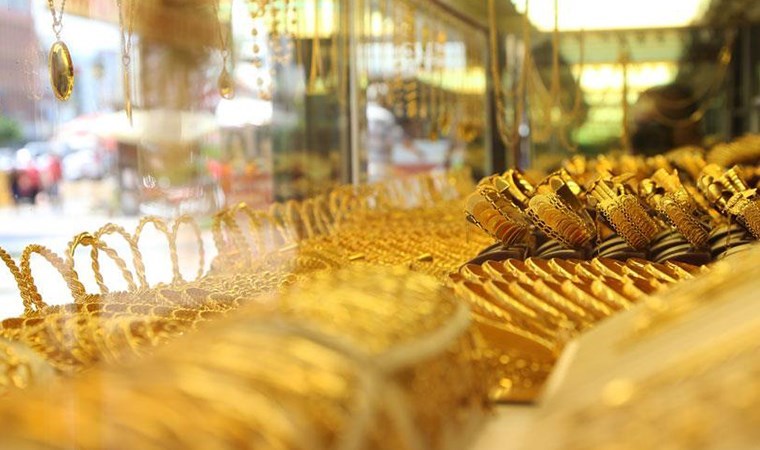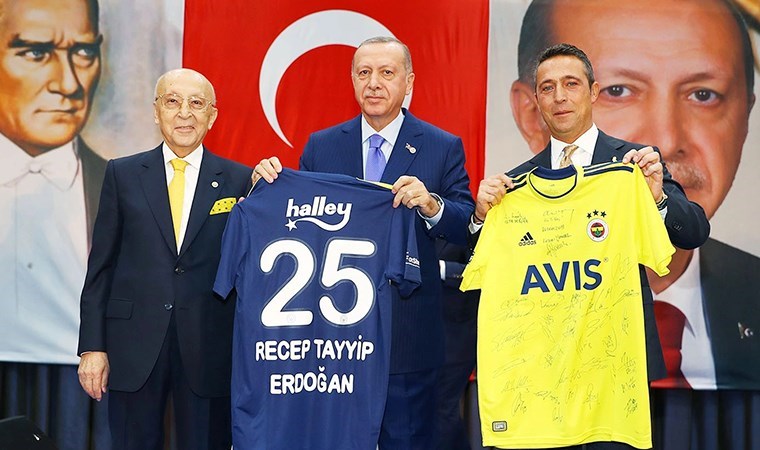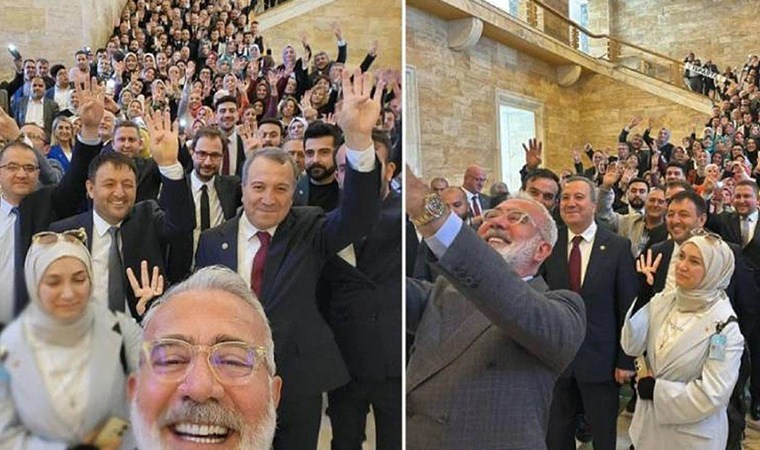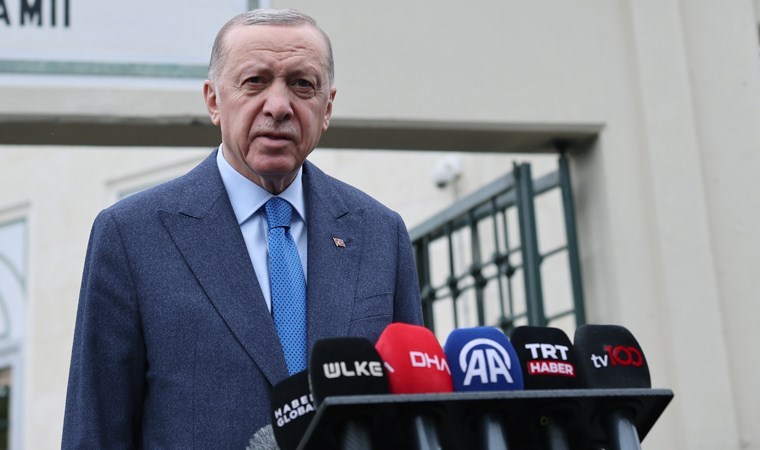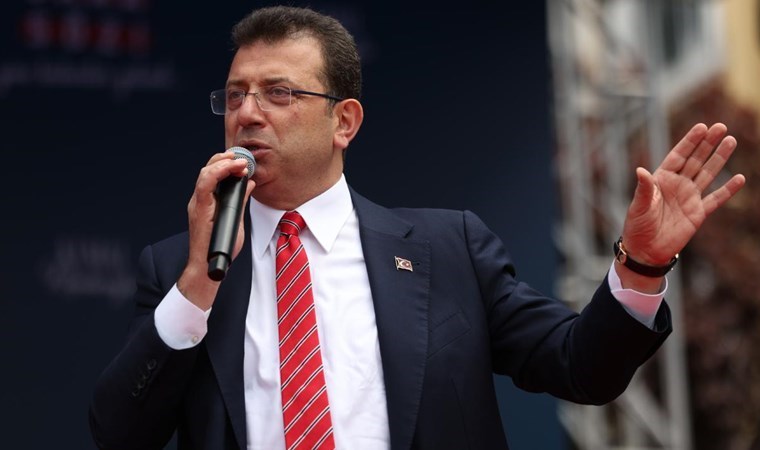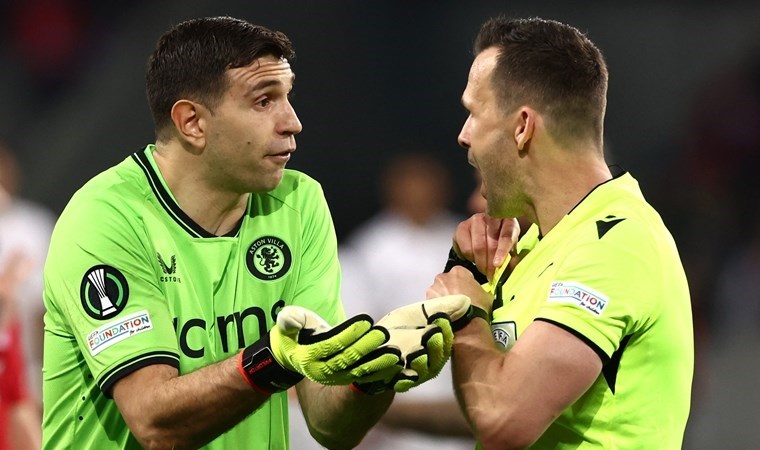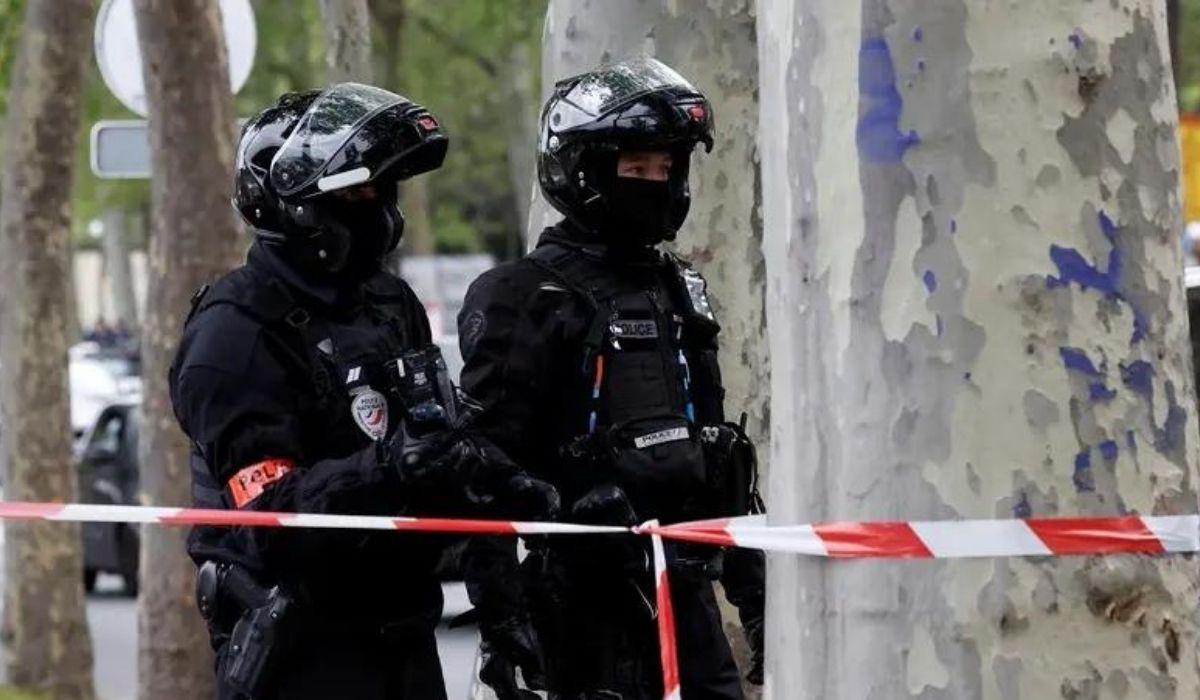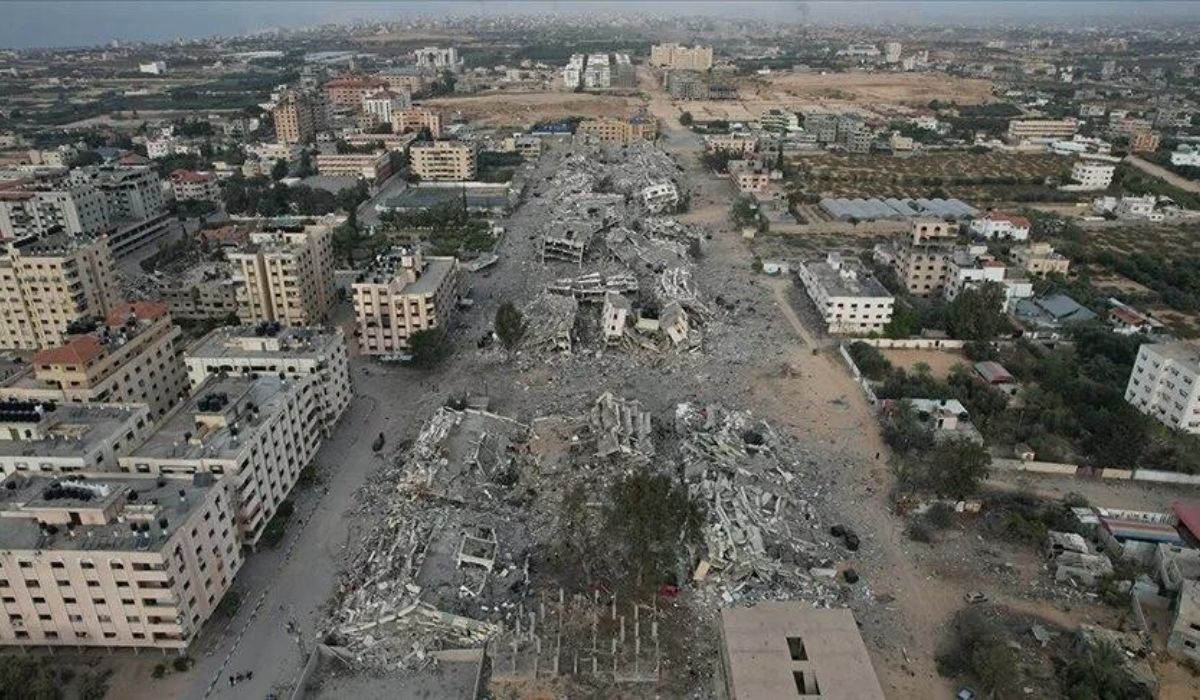Off to Silivri to get Akın Atalay
Off to Silivri to get Akın Atalay In the Cumhuriyet trial slated to start in Silivri on 24 April, the prosecution even continued unlawfully to gather evidence after the proceedings had started. The documents were leaked to the media close to the ruling body.
There by now remains no “evidence” that has not been rebutted and no prosecution witness that has not been heard and discredited in the case that Istanbul Serious Crime Court No 27 is conducting. We call on everyone to go to Silivri tomorrow for the trial involving the freedom of expression and the press.
CANAN COŞKUN
The eighth hearing of the trail in which our newspaper’s editorial policy has been placed in the dock will be heard in the courtroom opposite Silivri Prison tomorrow (24 April). There by now remains no “evidence” that has not been rebutted and no prosecution witness that has not been heard and discredited. Despite all this, at the last hearing at which our Editor-in-Chief Murat Sabuncu and reporter Ahmet Şık were released, Presiding Judge Orkun Dağ ordered the extension of our Executive Board Chair Akan Atalay’s detention, saying, “Captains are the last to leave the ship.”
No procedures remain
The court, which has even rejected our lawyers’ precedential Constitutional Court release rulings on rights violations saying, “They are not binding on us,” will hold a hearing over three days in a row starting on 24 April. As no legal procedures remain, the trial is expected to conclude at the end of this period with a ruling being issued.
The trial, which has turned into the judicial component of the operation to silence Cumhuriyet, has met with demands for justice from progressive sections of the public and protest as of the first day. Many democratic mass organisations at home and abroad, not least press professional organisations, have reacted to the senselessness of the charges in the case and the continuation of pretrial detention.
Forces of democracy at our side
Cumhuriyet readers have turned the front of the judicial complex at every hearing at Çağlayan Judicial Complex and at times also our newspaper’s entrance into a veritable garden of democracy.
We know that the coercive trial that is nearing its end will garner the support of progressive sections of the public tomorrow. We expect the support of all who say, “This trial is not a trial just of Cumhuriyet newspaper, but one in which journalism, the freedom of expression and standing firm are on trial.”
Everyone who is coming to support the trial which has been transferred to Silivri out of the discomfort engendered by the solidarity displayed with Cumhuriyet can find places for themselves on the transport we are putting on from the following locations at the stated times. We are setting out on the road to bring our Executive Board Chair Akın Atalay, Attorney-at-Law, back to Cumhuriyet!
What does the law say?
Paragraph one of Article 225 of the Code of Penal Procedure says, “Judgment may only be passed over acts and perpetrators in relation to the crime whose elements have been set out in the indictment.” The second paragraph of Article 206 of the Code, in turn, dictates that it be rejected if evidence has been procured illegally, the incident it is wished to prove with the evidence has no influence on the decision or the application is made simply with the aim of prolonging the proceedings.
Evidence is created if non-existent
Scandal continued to mark the operation in which journalists and journalism are targeted after the trial stage had been embarked on. After the Cumhuriyet investigation had ended and the indictment had been drafted, the prosecution tried to influence the court by continuing to remit “documents” to the case file. The documents that were sent to the court on or shortly before hearing dates were leaked to Sabah newspaper.
Weekend working
The police “reported” our reporter Ahmet Şık’s tweets on the murder of Russian Ambassador Andrei Karlov to the prosecution three days before the second session of the Cumhuriyet trial held on 11 September 2017. In the “record of findings” that Deputy Chief Prosecutor Hasan Yılmaz sent to the court on Saturday 9 September, Şık was alleged to have been engaged in, “the activity of perception manipulation aimed at distorting and concealing the truth that Karlov was murdered by FETO/PDY and of portraying as innocent and wronged the FETO militants who staged the 15 July coup attempt.” On the same day, Nazif Karaman of Sabah newspaper reported on this document that had been leaked to him.
Şık beat them to it
Ahmet Şık had the following to say at the 11 September hearing on presiding judge Abdurrahman Orkun Dağ referring to the said documents:
“I announced on Twitter that no record had been encountered of Mert Altıntaş in the Gulenist investigations launched before and after the coup. Is there now anything relating to Mert Altıntaş? Nothing has emerged until now. Had it in fact done so, they would have announced this falsehood in their own media with a great hue and cry. Meanwhile, the learned prosecutor must have solved the Karlov assassination in that he says FETO/PDY did it. There has been no such determination until now. Based on what information is he writing this? He is either unfamiliar with the law or does not follow current affairs in the country. That investigation file is still open. While it is known who the perpetrator is, absolutely no determination has been made as to on whose behalf and why he did it. There is also absolutely no determination that that person is a Gulenist. He could also turn out to be somebody belonging to any group. The assassin police officer spoke certain words in Arabic. I asked an Arabic-speaking journalist colleague what this was. He said this was a “nasheed” sung by jihadist organisations, particularly Al-Qaeda and Al-Nusra, to incite the masses. And, I passed this on. Meanwhile, news broke in the Iranian media that, ‘The Qatar-Saudi-Turkey backed Fatih Army had claimed responsibility for the assassination.’ I also passed this on. Information later came that this was dubious news and I passed this on, too.”
As he continued, Şık revealed how the attempt was made to turn journalism conducted through social media into a crime:
So where is the propaganda?
“I conduct objective journalism through the tool of the social media, but there is a zeal to turn this into a crime. It was said, ‘He was seen to assert that the assassin was not a member of the Fatih army and that reports to this effect were lies.’ So, where is the FETO propaganda? Who did I bestow legitimacy on? The prosecutor said, ‘He was seen in the posts he had earlier made to say the assassin had come a few days before for reconnaissance, it had become certain that Russian Ambassador Karlov would come there two hours before the time of the assassination and to engage in suppositions and questions over where the assassinating individual could have learnt this information three days earlier.’ I am a journalist. Can there be anything more natural than this? Of course, I will ask questions. I did not ask this making it up as I went along, either. I called the curator of the exhibition and he talked about it. In response, I listed the questions that aroused my suspicion one below the other. I tried as a journalist to do what state functionaries should actually do. It is also my duty. Let nobody come out and turn me into a terrorist for doing this. Let nobody overstep the mark. The president made certain claims that the assassin had FETO/PDY ties, and I also made note of this. They said, ‘It was seen that in posts he later made he made claims that the assassin was not in the FETO formation and was just an assassin who had got it into his mind to be a martyr through jihad.’ I still stand by the same claim. In my view, Mert Altıntaş was a pro-sharia and jihadist police officer who had no affiliation but had got it into his head to be a jihadist and was longing to be a martyr. I say, ‘Never mind these discussions. The assassin Mert Altıntaş could be a FETOist and could be an Al-Nusraist, but the basic thing we need to discuss is the fact that he was a police officer.’ I am trying to query the employing of a jihadist police officer as a state servant, which is the correct question.”
Leaks to pro-regime media
On 31 October on which the fourth hearing was held, Deputy Chief Prosecutor Hasan Yılmaz once more sent the mobile phone examination record of detained civil society activist Osman Kavala to the court case file. Included in the record were texts sent between Kavala and our columnist Aydın Engin and former editor-in-chief Can Dündar. In the text between Kavala and Engin, it was stated that difficulties were being experienced in the making of payments to newspaper employees and application for European Union funds was requested. According to the messages between Kavala and Dündar, the pair made a schedule to enable them to speak. The documents were read by presiding judge Dağ at 14.20 with the hearing in progress. On the other hand, the document in question had been posted on Sabah newspaper’s website at 13.15 and A Haber’s website at 14.05.
Prosecutor Hacı Hasan Bölükbaşı asked the following questions based on these documents in his recommendation: “To what extent can Cumhuriyet newspaper, which in its defences is persistently stated to be conducting it press activities in an independent and free manner, maintain its independence against bodies and entities from which it tries to get financial support? In return for what kind of activity or project will those providing financial support to the newspaper give this financial support? In other words, what kind of activity or project will Cumhuriyet newspaper supply these countries or organisations in return for the financial support it will obtain? Why does Cumhuriyet falling silent if there is no financial support interest these countries and organisations?”
EU funding for their training
Addressing the court following the recommendation, our Executive Board Chair and lawyer, Akın Atalay, responded as follows to the prosecutor’s questions: “The prosecutor engaged in polemics over European Union funds in his recommendation. I am somebody who follows these matters. Eighty per cent of judges and prosecutors in Turkey have obtained training in matters such as democratisation from these funds. Have they lost their independence?”
Rumour becomes “evidence”
An interview by prosecution witness Doğan Satmış was even used as the basis for charges. It emerged that Satmış had mentioned nothing but rumour.
At the hearing at which the EU polemics were experienced, the Kavala documents were not the only ones that it was wished to insert into the file as evidence. One of the prosecutors who had drafted the indictment one week before the hearing, Yasemin Baba, sent an interview concerning the intelligence agency trucks with Doğan Satmış, who had worked for sixteen months as a publishing consultant at our paper, that had been posted on a website. With the court accepting this as evidence, Satmış was heard as a witness. Satmış, saying he had come to the hearing having prepared a defence, said, “The interview used statements in certain newspapers that I did not make. I said nothing about FETO ties. I do not believe that these colleagues of mine have FETO ties, either. The journalists on trial are also people who have fought against FETO. Those words are not mine.” Presiding judge Dağ asked Satmış if he had sought penal action in this regard. And Satmış replied, “I posted on Twitter that they were not mine. I did not think suing for retraction to be ethical.”
Denied his statements
Our lawyer Tora Pekin, recalling the allegations in the interview that, “Akın Atalay intervened by altering the foundation three or four years ago” and “Balbay and Alev Coşkun were got rid of,” asked Satmış if he was working on the paper at that time. And Satmış, indicating that he was not working on the paper at that time, said, “I know from what made it into the press. Balbay left at my time. In fact, he also accused us. I used the expression ‘taking over the foundation’ in the article to describe the change in balance on foundation management. The statement was a statement that went beyond its sense.” Pekin, recalling the statement in the interview, “Akın Atalay got rid of us before the coup attempt,” asked Satmış who he was in the team. Satmış, saying he came to the paper along with Can Dündar, said, “After me ten or eleven people left the paper. I did not say any such thing as ‘get rid’.” On being asked, Satmış also said that nobody was terminated apart from himself. Following the examination, Pekin indicated that Satmış was also a suspect in a file in which Akın Atalay and our Editor-in-Chief Murat Sabuncu were included. For his part, the prosecutor repeated the allegations in the interview, eliminating Satmış’s statement that the words were not his.
Ludicrous charges
The prosecution also remitted to the court ByLock conversations of Cemal Uşşak and Erkan Tufan Aytav about whom Ankara Chief Prosecution had drafted an indictment one week before the hearing. The pair said in their conversations that they wanted people from Cumhuriyet, Sözcü and Radikal newspapers along with retired soldiers to attend the Abant Meetings. Suggestions were made in the conversations as to forms of solidarity with newspapers against which operations were being conducted. According to the prosecutor, these texts were proof that Cumhuriyet was supporting and aiding FETO.
http://www.cumhuriyet.com.tr/haber/turkiye/962635/Akin_Atalay_i_almaya_gidiyoruz__Basin_ozgurlugu_icin_Silivri_deyiz.html

En Çok Okunan Haberler
-
 Altından yeni rekor!
Altından yeni rekor!
-
 'Ben artık Fenerbahçeli değilim'
'Ben artık Fenerbahçeli değilim'
-
 Saldırı sonrası İran'dan ilk açıklama
Saldırı sonrası İran'dan ilk açıklama
-
 AKP'de 'Rolex' kazası: Paylaştı, sildi
AKP'de 'Rolex' kazası: Paylaştı, sildi
-
 Gaziosmanpaşa'da toprak kayması!
Gaziosmanpaşa'da toprak kayması!
-
 Erdoğan’dan flaş İsrail-İran açıklaması
Erdoğan’dan flaş İsrail-İran açıklaması
-
 'Nezaketsiz, pervasız, iftira dolu...'
'Nezaketsiz, pervasız, iftira dolu...'
-
 İzmir'de deprem!
İzmir'de deprem!
-
 İmam şiddetine skandal karar!
İmam şiddetine skandal karar!
-
 'Kadınlarımız soyundukça soyunuyor'
'Kadınlarımız soyundukça soyunuyor'
